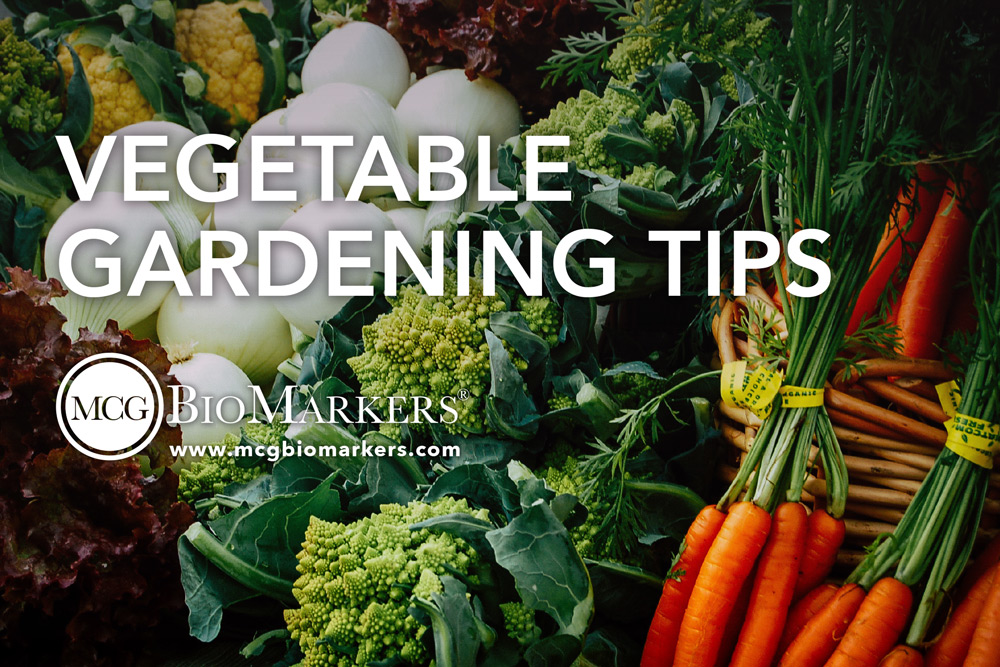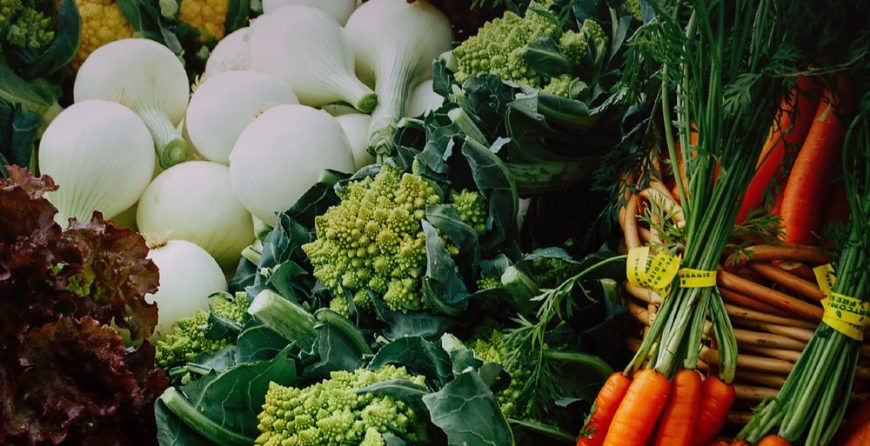 Vegetables are healthy and delicious but expensive to buy. Hence, the need to start a home vegetable garden where you can grow your favorite vegetables and save money in return. Vegetable gardening is a fruitful venture that will see you enjoy healthy and vitamin rich foods if done right. But how do you ensure that you are practicing the right vegetable gardening? Here are some vegetable gardening tips to get you started.
Vegetables are healthy and delicious but expensive to buy. Hence, the need to start a home vegetable garden where you can grow your favorite vegetables and save money in return. Vegetable gardening is a fruitful venture that will see you enjoy healthy and vitamin rich foods if done right. But how do you ensure that you are practicing the right vegetable gardening? Here are some vegetable gardening tips to get you started.
Build your soil
Building up garden soil is the most important factor in ensuring that your vegetables thrive. Deep, nutrient and organically rich soil encourages the growth of extensive and healthy roots that reach beneficial nutrients and water. The quickest way to achieve deep layered and fertile soil is by making raised beds. Raised beds are characterized by loose, fertile soil and sufficient crop spacing. Also, since crops grow close to each other, they shade out competing weeds meaning that, you have fewer weeds and spend less time weeding. Experts advise conducting a soil test to determine soil pH, fertility and nutrient levels. This way, you know the type of vegetables to grow and the nutrient levels to add.
Light
Most vegetables thrive under adequate sunlight. So, ensure that you plant your vegetables in a site that receives direct sunlight 8 hours per day. However, there are some vegetables that thrive in shaded gardens such as; lettuce, beets, and broccoli.
Pick your plants wisely
It is tempting for first-time vegetable gardeners to want to grow everything. However, it is advisable to pick at least five vegetable types and focus on them before understanding organic gardening essentials. This way, you get enough space to grow your vegetables without cramming them, and as a result, you enjoy a bigger harvest.
Water, weed, and feed
Watering, weeding and feeding your crops may sound obvious but new organic gardeners may not understand the need to do this fully. Newly planted crops may require frequent watering but after they start developing, watering once or twice each week would be enough. If you are not available to water frequently, it is advisable to mulch the soil with a few inches of shredded leaves or straw. They help in preserving water in the soil longer as well as preventing weeds from developing. Not all vegetables require regular feeding. For instance, fast growing vegetables like lettuce do not need supplemental organic fertilizers if they are planted in fertile soils. However, long-term growing vegetables like eggplants and tomatoes will need organic fertilizer and compost boosting once in a while.
Summary
Vegetables are consumed daily. Therefore, a decision to start vegetable gardening is always termed as the best for any home gardening starter. However, as noted above, there are a few procedures that must be followed to ensure that your vegetables thrive and you get bountiful harvests. Listed above are just a few tips. But, it is always advisable to seek expert gardening advice and recommendations from established vegetable gardeners within your region. Above all, you must be prepared to dedicate time and effort before you reap!


